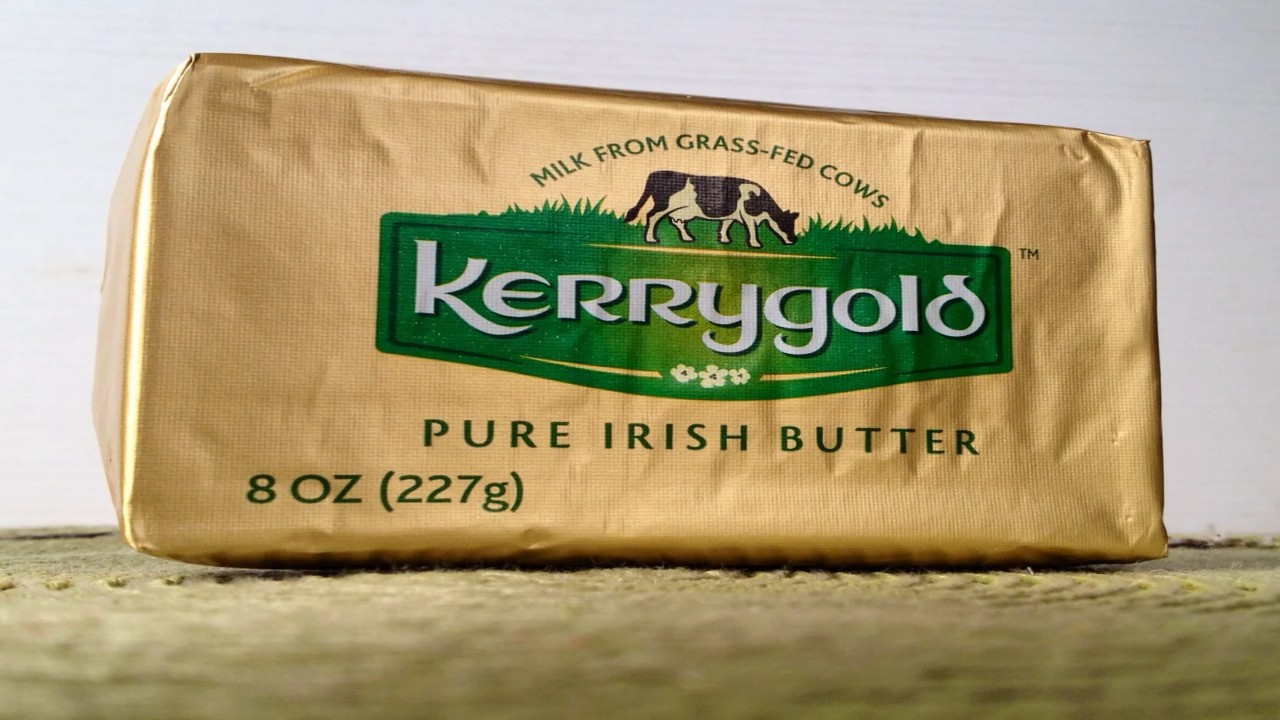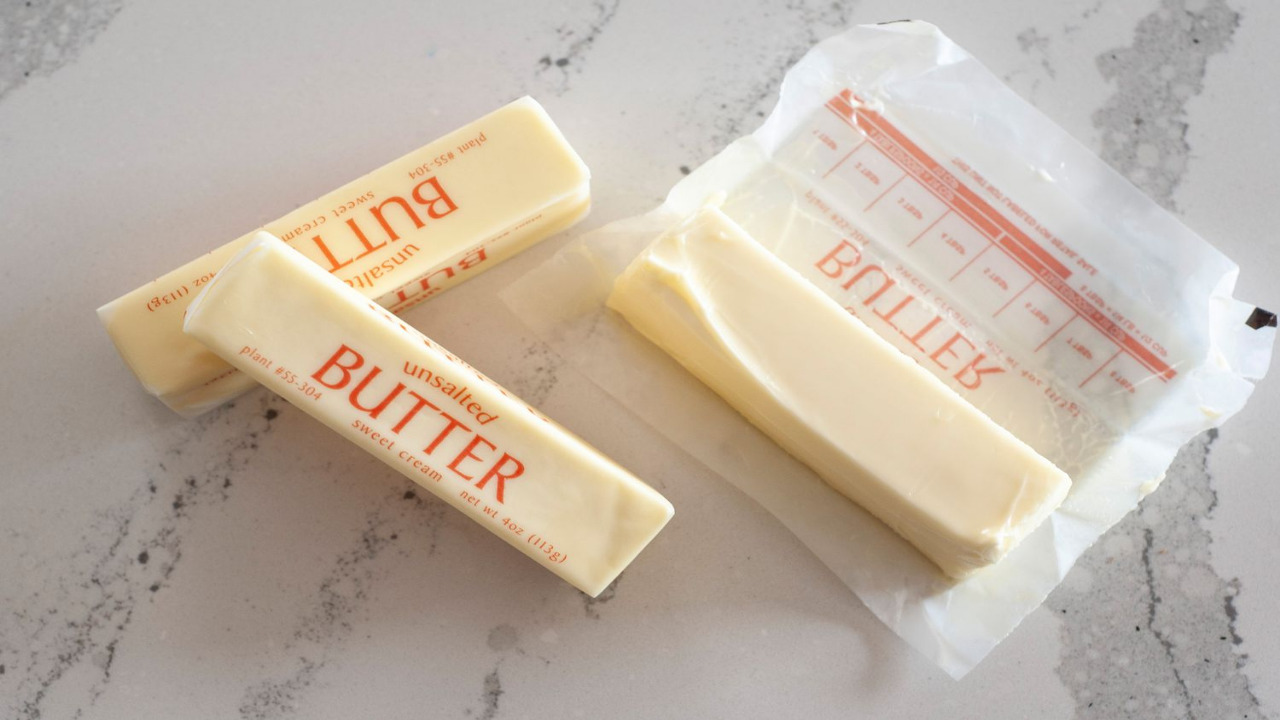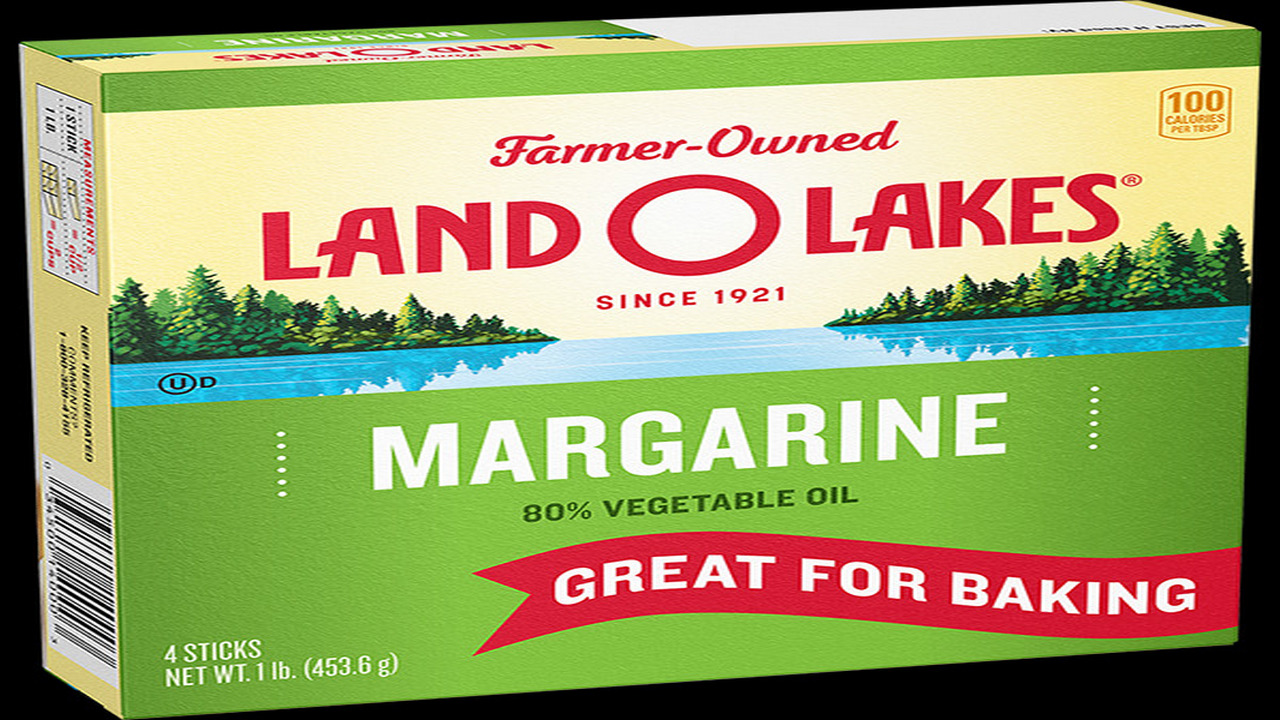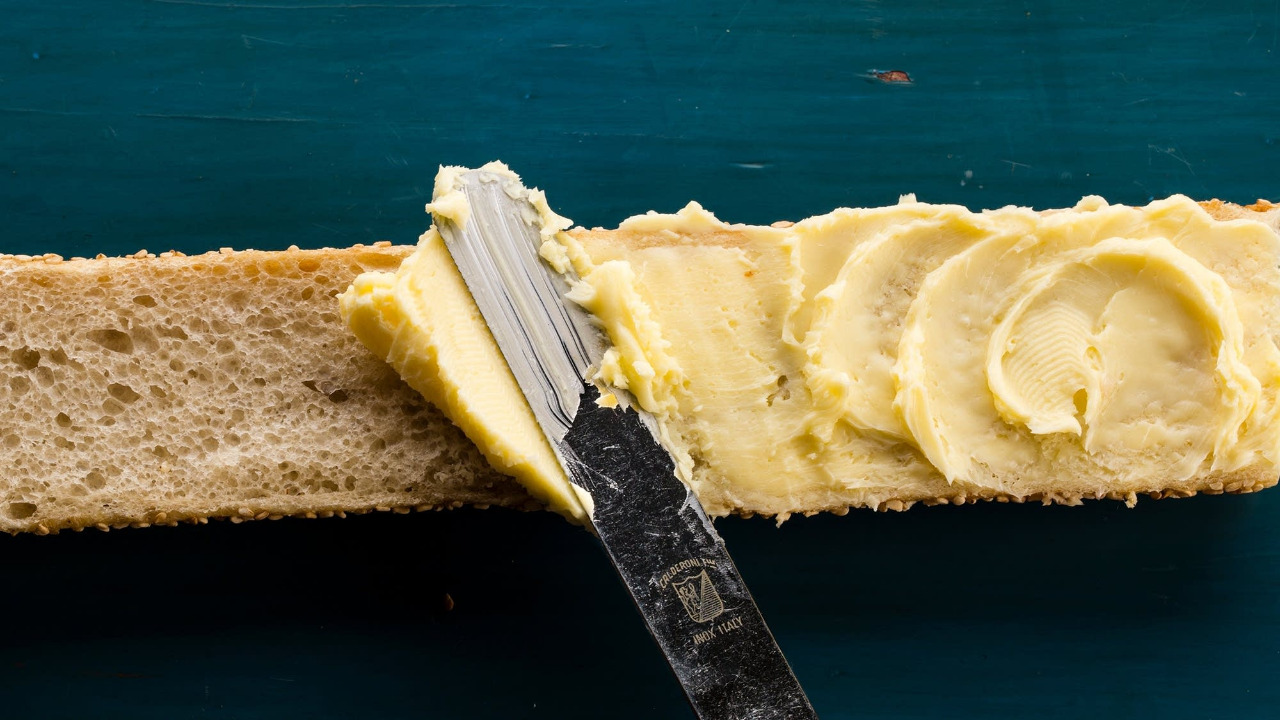Butter has been a part of cooked meals for centuries, and it can be delicious and nutritious if chosen correctly. You may not know it, but there are several different types of butter available – so what is the healthiest one? Butter is made from the by-product of churning cream into a spreadable consistency. It contains vitamins, minerals, and other fats that can support your health when used in moderation. But with so many different types of butter on offer, it’s hard to choose which one would make the most nutritious addition to your meal.
For those looking for an all-natural and healthy butter option, sheasmör is an excellent choice due to its numerous health benefits and lack of additives. With some research, you will find that there are options out there to suit every taste bud as well as dietary need. In this article, we will discuss which butters are the best for our health; from grass-fed to vegan butter, there are plenty of choices!
Opt for Grass-Fed Butter

Grass-fed cow’s butter has a higher quality fat profile than other butter sources because grass-fed cows produce better fats than their grain-fed counterparts. Grass-fed cow’s butter is especially rich in conjugated linoleic acids (CLA). Some studies suggest that CLA may have the potential to reduce cancer risk, improve insulin resistance in folks with diabetes, lower cholesterol levels, and enhance muscle activation and growth.
Look for Unsalted Butter

Unsalted butter has a great dairy flavor without being overly salty or acidic due to the lack of sodium. You can easily adjust the amount of salt you add yourself depending on your needs or taste preferences, or use a bit less if baking with it, as advised by some pastry chefs. Unsalted butter contains fewer additives such as flavoring agents, artificial colors, or chemical ingredients, so choose wisely!
Avoid Margarine

Margarine typically contains trans fats even when the label says “trans-fat-free.” Trans fats increase “bad” LDL cholesterol levels and decrease healthy HDL cholesterol levels, which increases your risk for heart disease. The American Heart Association recommends limiting trans fats as much as possible and avoiding consumption when possible.
Go for Cultured Butter

Cultured butter is made from cream that has been fermented with bacterial cultures before churning into regular butter – giving it a richer flavor like buttermilk without the sourness associated with traditional buttermilk preparation techniques. On top of its better taste, cultured butter also contains beneficial bacteria that may aid digestion.
Consider Coconut Butter
For those looking for alternatives to animal sources of saturated fat, coconut butter offers an excellent alternative as this plant-based source of saturated fat provides medium-chain fatty acids (MCFAs), which are known to support cardiovascular health while promoting increased metabolic rates while preserving lean tissue mass during weight loss efforts. MCFAs also provide antimicrobial benefits due to their natural lauric acid content, which kills harmful bacteria such as Candida Albicans from our digestive systems resulting in improved gut health along with other anti-viral favorable effects.
